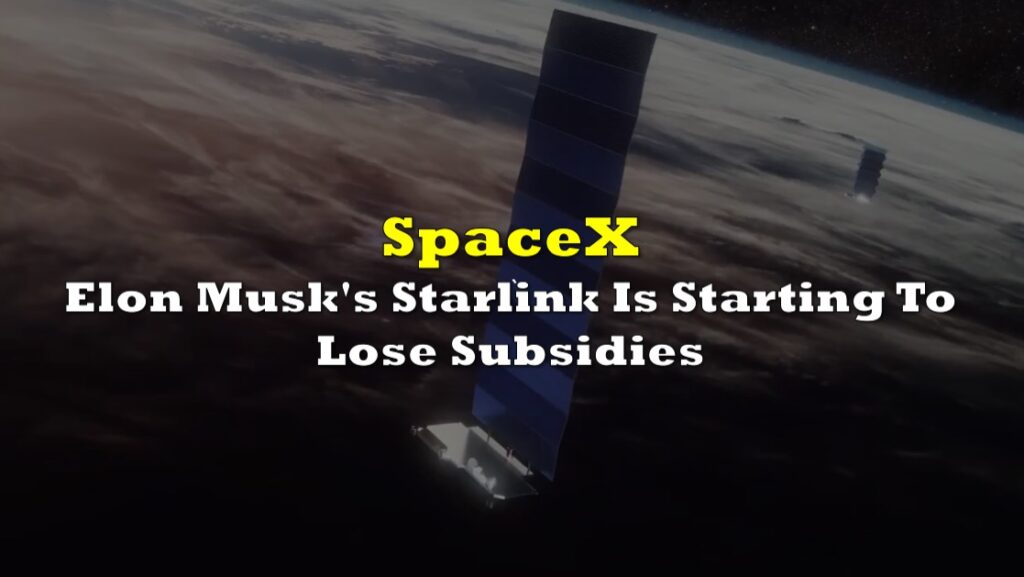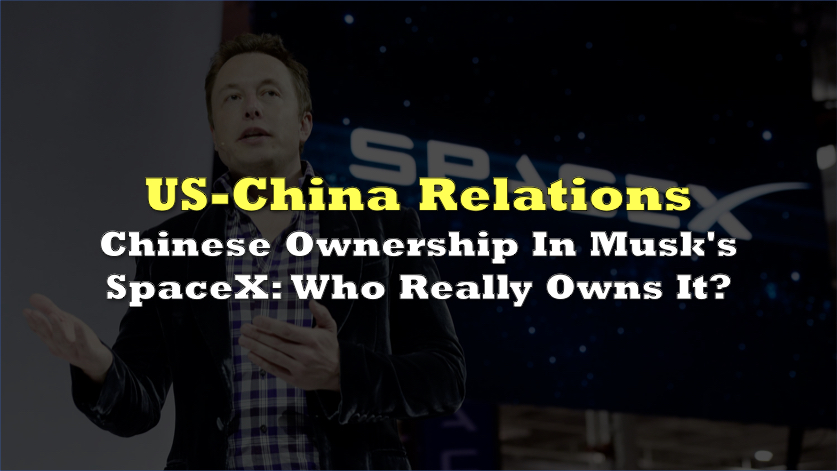SpaceX, Elon Musk’s aerospace company, is currently under heightened federal scrutiny due to multiple environmental violations associated with its operations at the Starbase facility in Boca Chica, Texas. These violations, which have surfaced over the past several months, could jeopardize the company’s ability to conduct future rocket launches from its South Texas site, potentially leading to significant legal and financial consequences for the company.
Ed Niedermeyer on X reported that SpaceX might lose its launch license at the Brownsville “Starbase” facility due to ongoing environmental infractions, a situation exacerbated by the company’s non-compliance with state and federal environmental regulations. This follows a series of enforcement actions by both the Texas Commission on Environmental Quality (TCEQ) and the Environmental Protection Agency (EPA), which have flagged SpaceX for unauthorized wastewater discharges from its newly installed water deluge system, designed to cool the launchpad during rocket launches.
Not the only hint to this effect that I've heard, or at least news of some sort of significant federal enforcement action against SpaceX coming. Will be very interesting to see what breaks pic.twitter.com/u4hUtGaWyo
— David Burbach (also @dburbach Bluesky) (@dburbach) August 12, 2024
The TCEQ’s Harlingen office received 14 complaints between March and July 2024, alleging that SpaceX was discharging deluge water without proper authorization. Subsequent investigations confirmed these allegations, revealing that SpaceX had indeed discharged industrial wastewater on multiple occasions without the necessary permits.
SpaceX’s water deluge system, critical for diffusing the intense heat and energy produced during rocket launches, has been a focal point of these investigations. The system was reported to be hastily installed following the disastrous April 2023 launch of SpaceX’s Starship rocket, which resulted in the destruction of the concrete launch pad and subsequent environmental damage, including a fire that affected 3.5 acres of Boca Chica State Park.
The deluge system, however, was allegedly implemented without undergoing the required permitting process—a serious oversight given its potential environmental impact.
Environmental engineer Eric Roesch, who has been closely monitoring SpaceX’s environmental compliance through his ESG Hound blog, was among the first to highlight the company’s unauthorized use of the deluge system. Roesch warned that continued violations could trigger more severe repercussions, including further investigations and possibly even criminal charges against SpaceX or individuals involved in authorizing these launches.
“They’ve been violating wastewater regulations for years, and they continue to do so seemingly with the FAA’s blessing,” Roesch commented, noting the lax enforcement by federal authorities thus far.
🤔🤔🤔 pic.twitter.com/6iMj67GbED
— ESG Hound (@ESGhound) August 12, 2024
The violations have already resulted in a formal notice from the EPA on March 13, 2024, stating that SpaceX had breached the Clean Water Act. Despite this, the company reportedly proceeded with a third test flight of Starship the following day, using the same unauthorized water deluge system. While SpaceX achieved significant milestones during this flight, the decision to continue operations in defiance of the EPA’s notice has raised concerns about the company’s commitment to regulatory compliance.
Furthermore, SpaceX’s delayed response to the EPA’s notice has compounded the issue. The company was required to apply for the necessary permits within 30 days of the notice but only submitted its application on July 1, 2024—110 days later. This delay, coupled with apparent inaccuracies in the application itself, has only intensified scrutiny.
This is how SpaceX, a $200 billion dollar company, fills out a Federal permit application after having 110 days to do so pic.twitter.com/RBWEycN24g
— ESG Hound (@ESGhound) August 12, 2024
Kenneth Teague, a coastal ecologist with extensive experience in water quality and coastal planning, reviewed SpaceX’s 483-page permit application and identified several critical omissions. Among the most concerning were the application’s insufficient details about water discharge volumes, effluent temperatures, and the locations of outfalls.
Teague also highlighted significant exceedances of mercury concentration in the wastewater, with levels reported at 113 micrograms per liter—far above the state’s acute aquatic toxicity threshold of 2.1 micrograms per liter.
“High temperature discharges and pollutants like mercury in high concentrations could cause significant negative impacts, like killing off the ‘little critters’ that make up seabirds’ diet,” Teague explained, emphasizing the potential ecological consequences if these issues are not addressed.
In response to the growing criticism, SpaceX has maintained that its operations pose no harm to the environment. The company has claimed that there were “no detectable levels of mercury” in their samples, and attributed the reported high mercury levels in their permit application to a possible typo, which they are in the process of correcting.
However, the lack of transparency and the repeated environmental violations have not gone unnoticed by regulatory agencies. The FAA recently announced the postponement of public meetings scheduled for this past week, which were intended to gather input on SpaceX’s proposal to increase the frequency of launches at Starbase. While the FAA did not provide a reason for the postponement, it raises questions about the future of SpaceX’s operations at Boca Chica.
Information for this briefing was found via CNBC and the sources mentioned. The author has no securities or affiliations related to this organization. Not a recommendation to buy or sell. Always do additional research and consult a professional before purchasing a security. The author holds no licenses.









